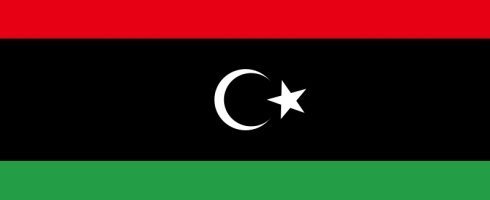The past few weeks have not been good for U.S. – Pakistan relations. Already strained because of drone strikes in Northern Pakistan meant to destroy Taliban strongholds and by U.S.’s increasing closeness to Pakistan’s longtime rival, India, U.S.-Pakistan relations have deteriorated since a CIA contractor was held for questioning by the Pakistani authorities regarding the death of two Pakistani citizens. Though he was released from prison after a “blood money” deal was made with the families of the murdered civilians, complications in relations between the two nations remain. The United States has long seen Pakistan as an ally in relations regarding the Middle East but has also grown increasingly dependent on trade and communication with India, whose economy has grown substantially in the past few years.
Furthermore, the Pakistani government itself has grown increasingly radical since the assassination of former Prime Minister Benazir Bhutto and the resignation of President Pervez Musharraf a few months after. In the conflict surrounding those months of protest against the Pakistani government, Asif Ali Zardari, Bhutto’s widower took power but lacked the authority of both his wife and his predecessor to truly bring stability to Pakistan. Indeed, in the past few years, Pakistan has become a hotbed for terrorist activity as the central government in Islamabad has lost control of the northern border with Afghanistan and the Taliban and other radical tribal groups have emerged as the dominant power in many regions in Pakistan.
Unfortunately, this radicalism is not confined to the northern border with Afghanistan. In the past few months, reform-minded members of the Pakistani parliament have been assassinated as government officials find it safer to side with the more radical elements of society than promote moderate reform. Indeed, in the past two weeks alone, the sole Christian member of Parliament in Pakistan was killed for his views on religious tolerance and reform within the country. What’s worse – Pakistan has a large nuclear arsenal, larger than its neighbor, India. And more importantly, the government seems to have little control of the nuclear materials in this arsenal.
In the coming months, the greatest threat to security from the Middle East will come, not from the nations already opposed to the United States but from one of the United States’ strongest allies – Pakistan.





